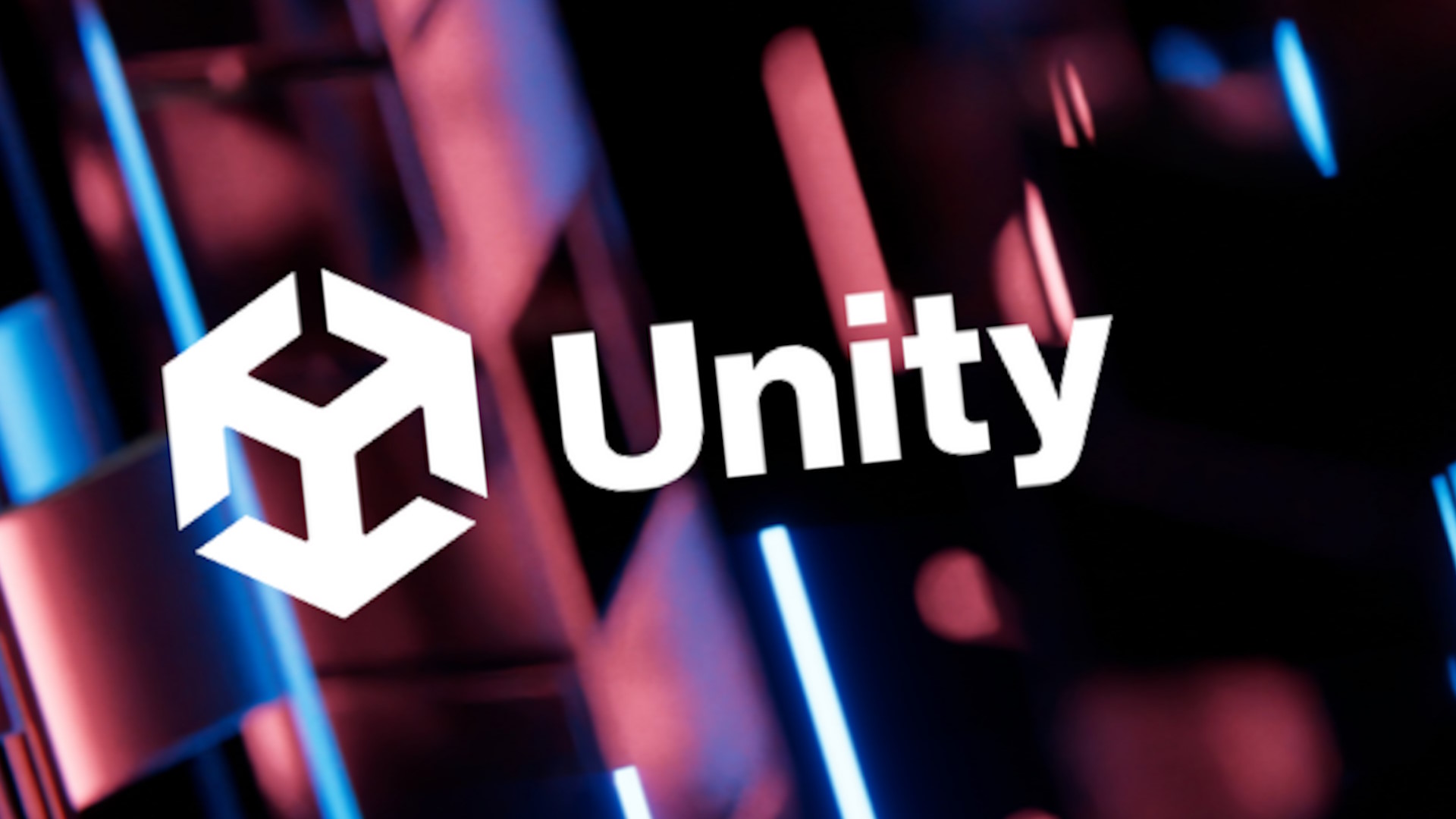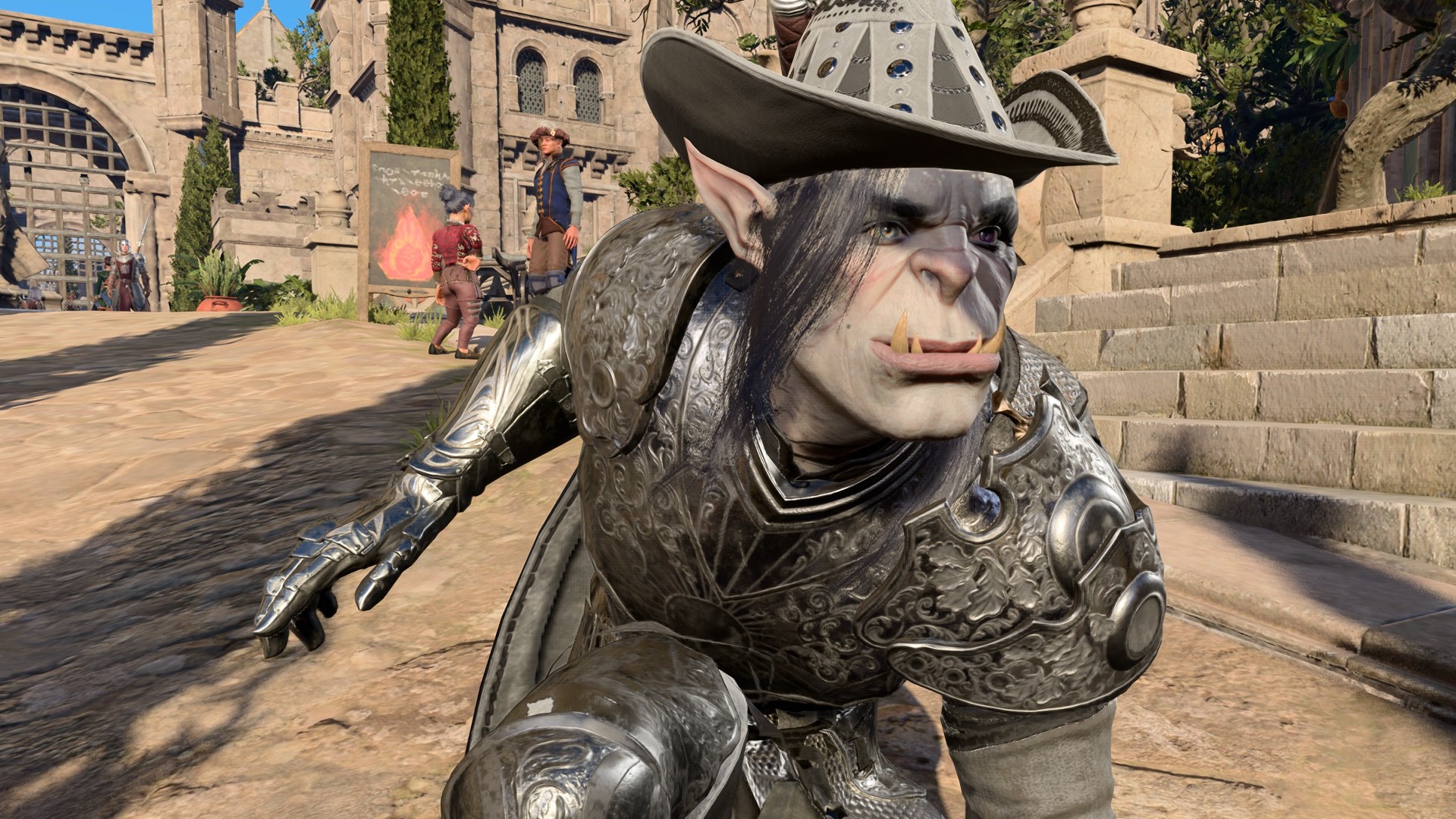Last month Unity, one of the biggest game engines, tried to push out a massively controversial change to the way it does business. Namely a retroactive fee taken from devs for every install of a game—no matter how that install happened. Putting your game up on Game Pass or Humble Bundle? Doesn’t matter, Unity wanted a cut. There have been changes after the fact, but they’ve done precious little to re-establish trust with devs.
This whole debacle led to Unity’s now-former CEO, John Riccitiello, stepping down from his position. He wasn’t exactly a rockstar in the dev community, having to apologise for calling them “fucking idiots” while he was talking game monetisation. I’m no business guru, and even I could’ve told you directly insulting your user base isn’t a great move.
According to a set of anonymous industry sources from mobilegamer, those changes weren’t even well thought out to begin with. A meeting between Unity managers reportedly had plenty sounding the warning bells early.
“Half of the people in that meeting said that this model is too complicated, it’s not going to be well received and we should talk to people before we do this … they obviously did have conversations with people, but not enough … we had this meeting and were told it was happening, but we were not told a date. And then before we knew it, it was out there.”
It’s also thought that the fumbled policy change was a result of dipping share prices— which were down 11% when the company laid off 600 employees in May. “Ultimately Unity has lost a lot of money over the last 18 years—billions of dollars—and they need to do something to make more money. Sadly, it wasn’t delivered well.”
Those aforementioned changes did solve some issues with the system. For example, if your game’s subject to the runtime fee, you can go for a 2.5% revenue share instead of a per-install basis, and you’ll always be charged the lower amount. In essence, studios making Unity games with low price points—or games that are free—won’t be punished just for existing.
For companies with deeper pockets, one source remarked: “It’s a negotiation. Some of the bigger clients will never pay that money because they’ll just go back to Unity, [and] agree on a number,” they then went on to say: “A lot of the outcry from indie devs was kind of misplaced really. None of them are going to get anywhere near the [$1 million mark] anyway.”
That seems a touch off-base, considering a lot of the further complaints were based on trust rather than financial snags. Garry Newman of Facepunch studios remarked that the changes “woke us up. The threat of what could happen in the future is too apparent now.” Former PC Gamer writer (and designer on games like Gunpoint and Tactical Breach Wizards) Tom Francis also shared his take in a blog post last month, addressing Unity directly.
“If I don’t seem impressed that the current terms won’t brutalise my expected revenue, it’s because it doesn’t take a genius to flash forward to your next twist of the knife … apparently you’re able and willing to change the terms under which we used your engine, placing the fees and thresholds wherever you like.” It’s clear that trust and Unity’s good will has been broken, and it’ll take far more than an altered deal to patch things up.











